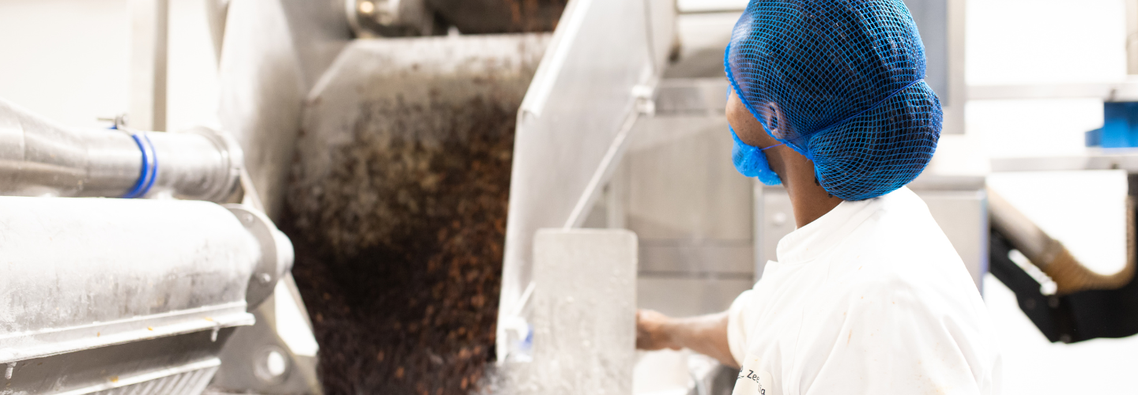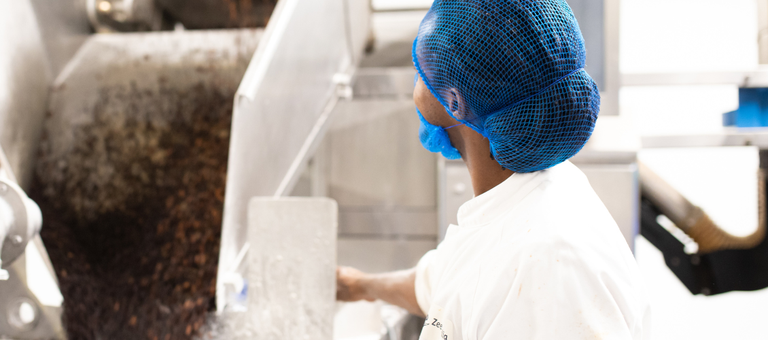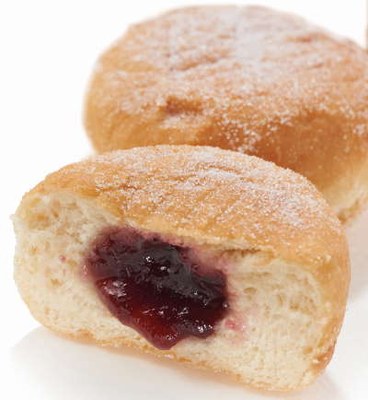

From ancient Greeks to new
sales peaks
– exploring the world of Jam with Zeelandia
The origins of Jam date back to the ancient Greeks who used honey to preserve quinces, but modern jam dates to the 16th century, when cane sugar cane to Europe and was used to preserve fruit.
In a recent study by Kantar, sales of Jams soared to £25.8 million in sales in 2020, a rise of 22.9% per cent in comparison to the previous year – but what is fuelling this current surge?
The study found that an increase in homeworkers during the lockdown means that commuters have more time to prepare for the most important meal of the day, breakfast!
In 2017 the Zeelandia Group acquired James Fleming & Co Ltd, a leading UK supplier of jams for use in industrial baking as well as to SME bakers and wholesalers. Ever since, the Zeelandia team has explored the world of Jam to create new flavours, colours and textures to suit customer needs.
Flemings Zeelandia manufacture a wide range of jams and curds together with customers bespoke recipes, including Raspberry, Strawberry, Blackcurrant, Apricot mixed fruit jams alongside lemon, orange and bespoke curds.
David Amos, Managing Director at Zeelandia UK, said “We know that Jam is a much-loved British staple and with good reason too. A good fruity jam can be a match made in heaven for muffins, pastries, doughnuts, biscuits and Jam tarts.
As a leading supplier of jam to UK industrial manufacturers we are always excited to explore the world of jams with our clients, ensuring they have the right flavour, texture and in some cases health benefits to match new consumer trends and changing taste buds.”
The Zeelandia technical team explain the important factors to be considered when choosing the best Jams for use in industrial and artisan baking:
- Water Activity – It is important to match the Water Activity to the product as this will affect moisture migration and the products’ shelf life.
- Fruit Content - typically jams contains 35gm of fruit per 100gms of finished product, with high-fruit jams having a minimum of 45gms per 100gms.
- Viscosity – The choice of viscosity may be influenced by the application method as well as the product. Enrobing, depositing, and injecting all have different viscosity requirements.
- Bake Stability – For jams that are baked, typically in biscuits & tarts, it is important that the jam behaves in a predictable way when subjected to baking temperatures.
Zeelandia UK recently invested in a purpose-built Technical Centre in Colchester, Essex, to explore new bakery ideas and jam ingredients alongside its customers.
Its product ranges, which can be individually tailored to meet consumer needs, include bread mixes, concentrates, jams and curds, custard mixes, sweet doughs, caramels, glazes, mincemeats and release agents.

